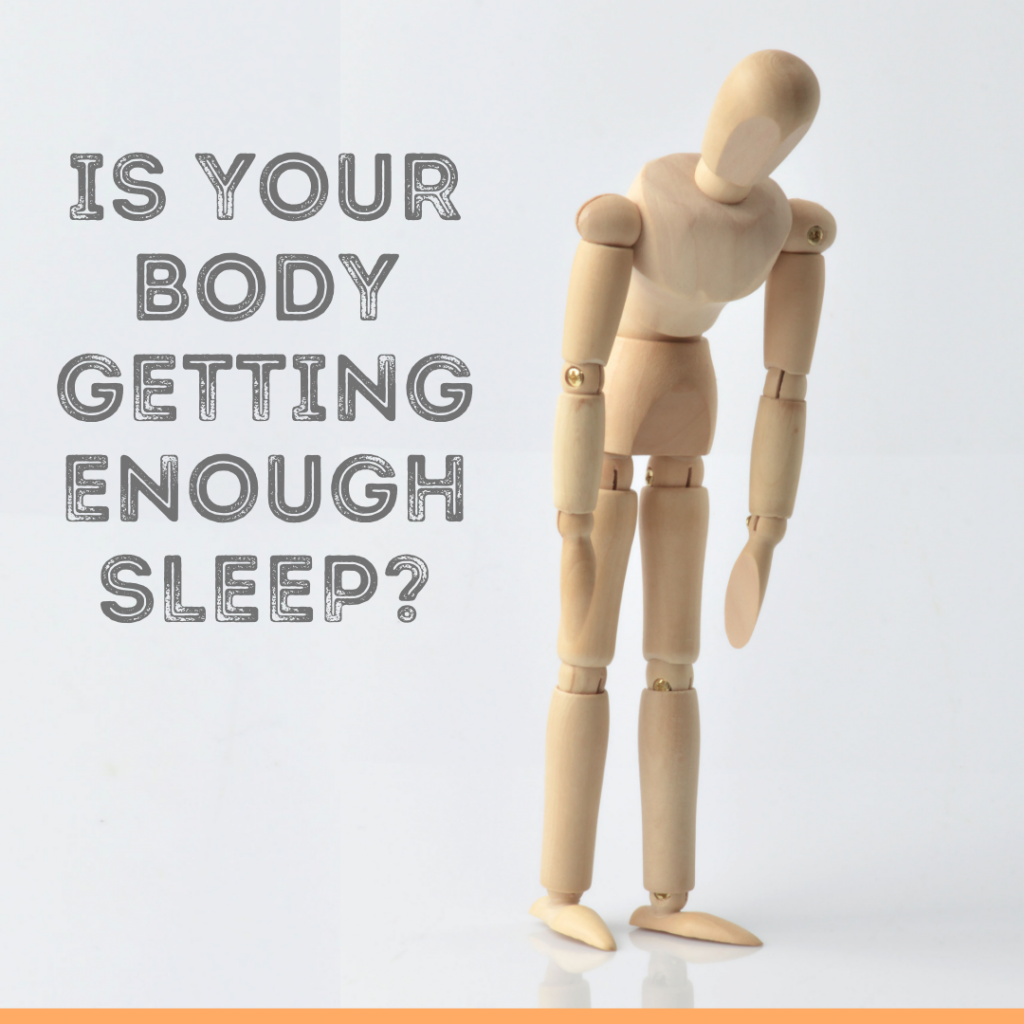
Supporting a natural sleep cycle is critical for staying healthy.
50 million Americans suffer from at least one of the 80 of the different type of sleep disorder.
Poor sleep has serious consequences that tend to surface overtime if no action is taken to balance the sleep cycle.
If you traveled to different parts of the world, you know that even jet lag can take a toll on you.
What other conditions is poor sleep associated with?
- Diabetes
- Decreased
- Diabetes
- Decreased immune system function
- Alzheimer’s
- Decreased stress resilience
- Cognitive and mental decline
- Decreased testosterone levels in men
- Obesity
- Poor heart health
In many circumstances, people tend to ignore body’s sleep signs leading to disrupted biorhythms. The result? Inability to stay asleep or fall asleep followed by groggy and sluggish mornings
Hmm? Wondering what just happened or you just reach for a cup of coffee in the morning, and ignore your body’s signals? Well, ignore your health and it will go away. Getting it back is pricey and sometime uncomfortable depending on which route you take: holistic or conventional.
But seriously? Why do you feel so sluggish after a night of poor sleep?
Because your hormones are thrown out of whack.
While sleeping, your body goes through various sleep cycles. During each cycle, key hormones are produced. These hormones are messengers that allow your body to communicate with each other and signal internal processes that keep you healthy.
When comes to solutions, there are everywhere, but how do you determine which one is best for you? Using professional help investigating on what the root cause is, what chemical or metabolic process is disrupted and why, will help you find the right answers.
Until then, how about avoiding screen time for one hour before going to sleep? Read a book, journaling or meditation are great activities to help relaxing and prep for rest.